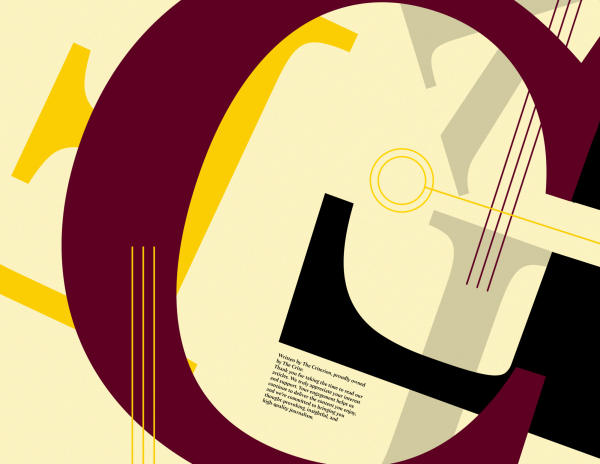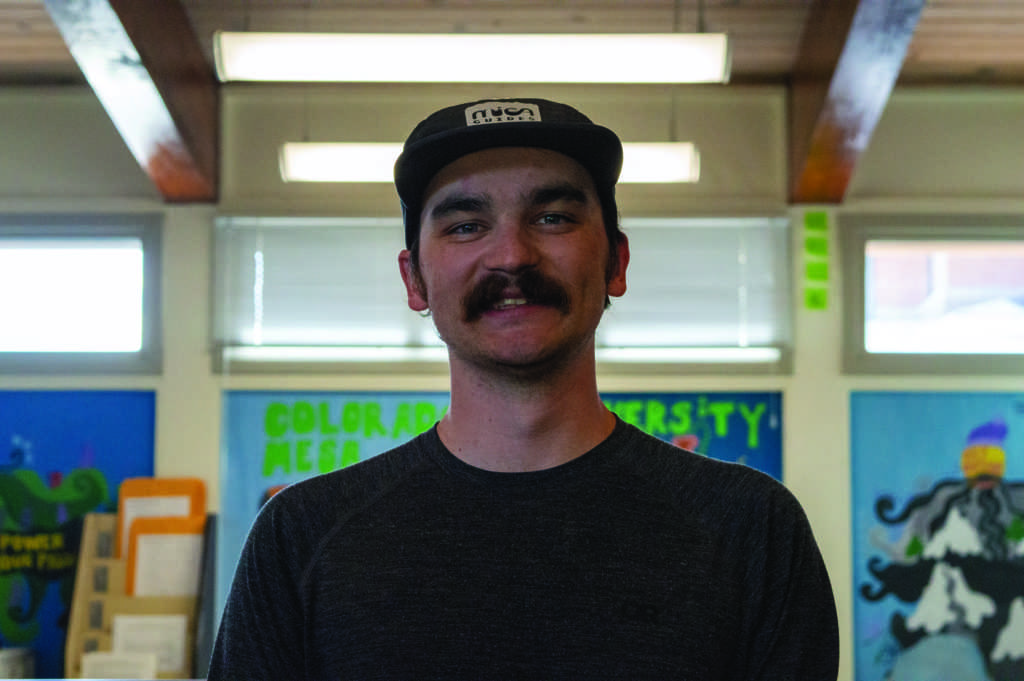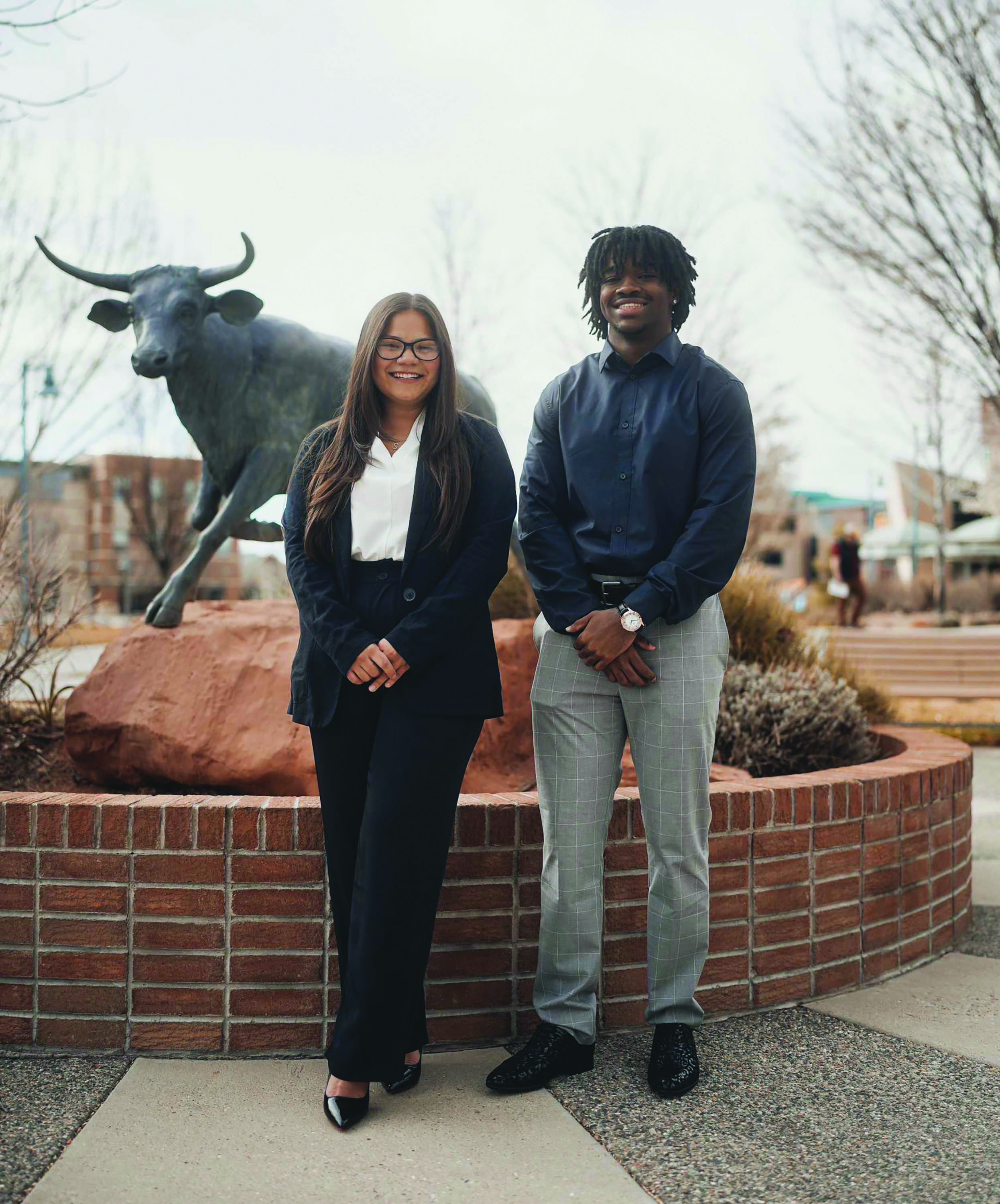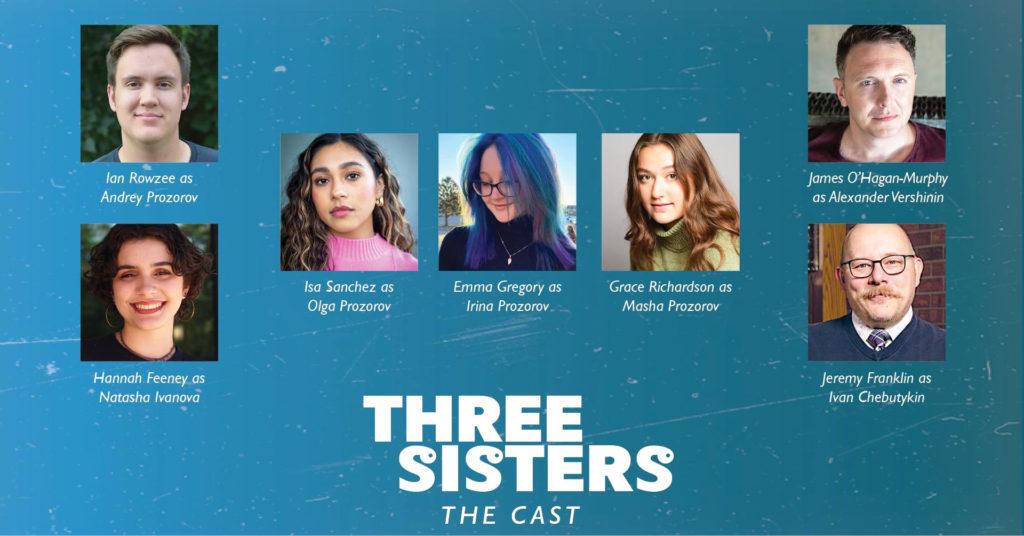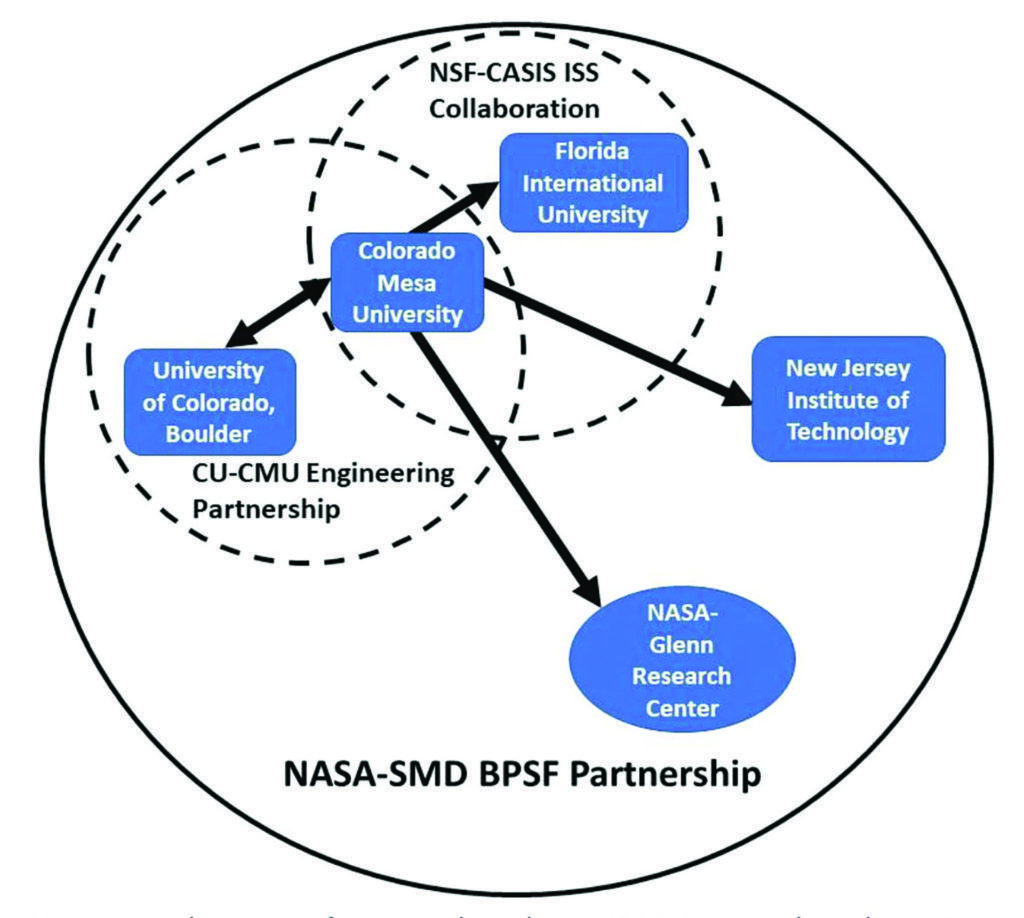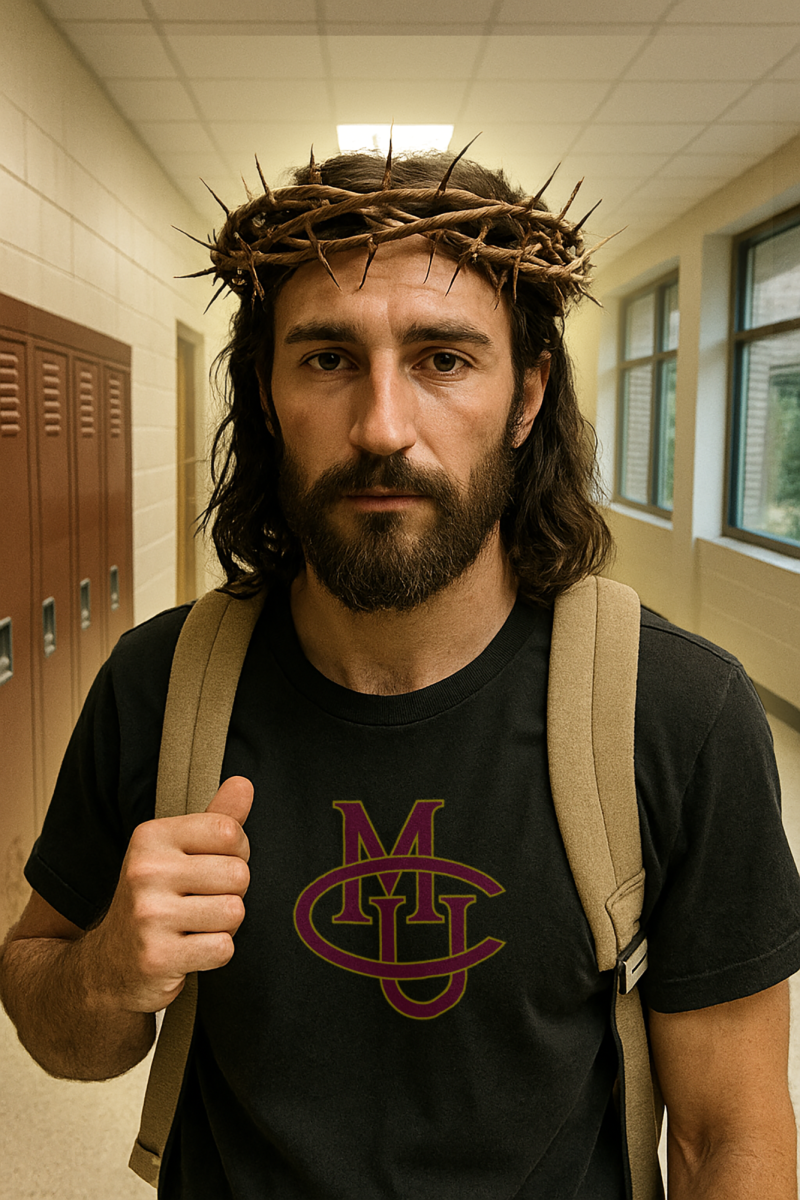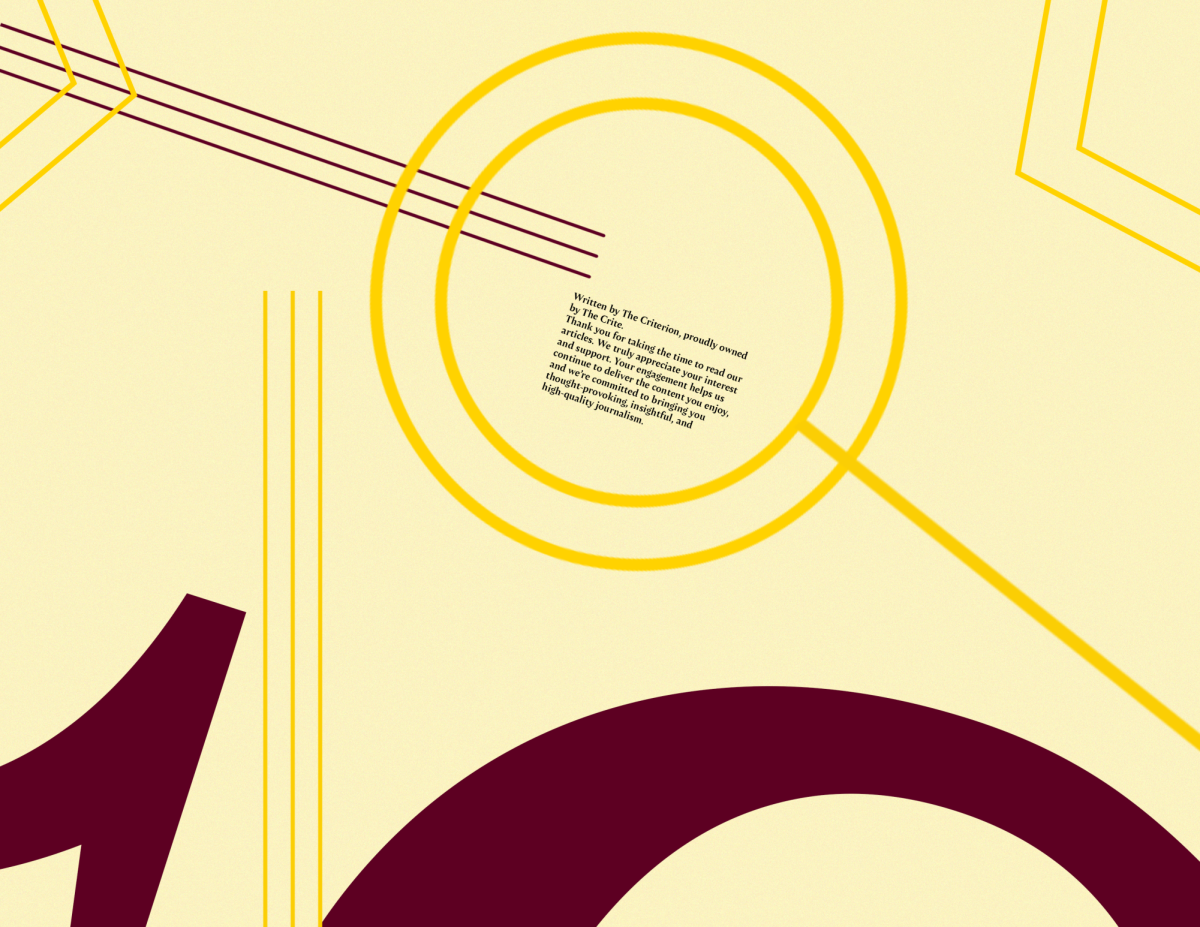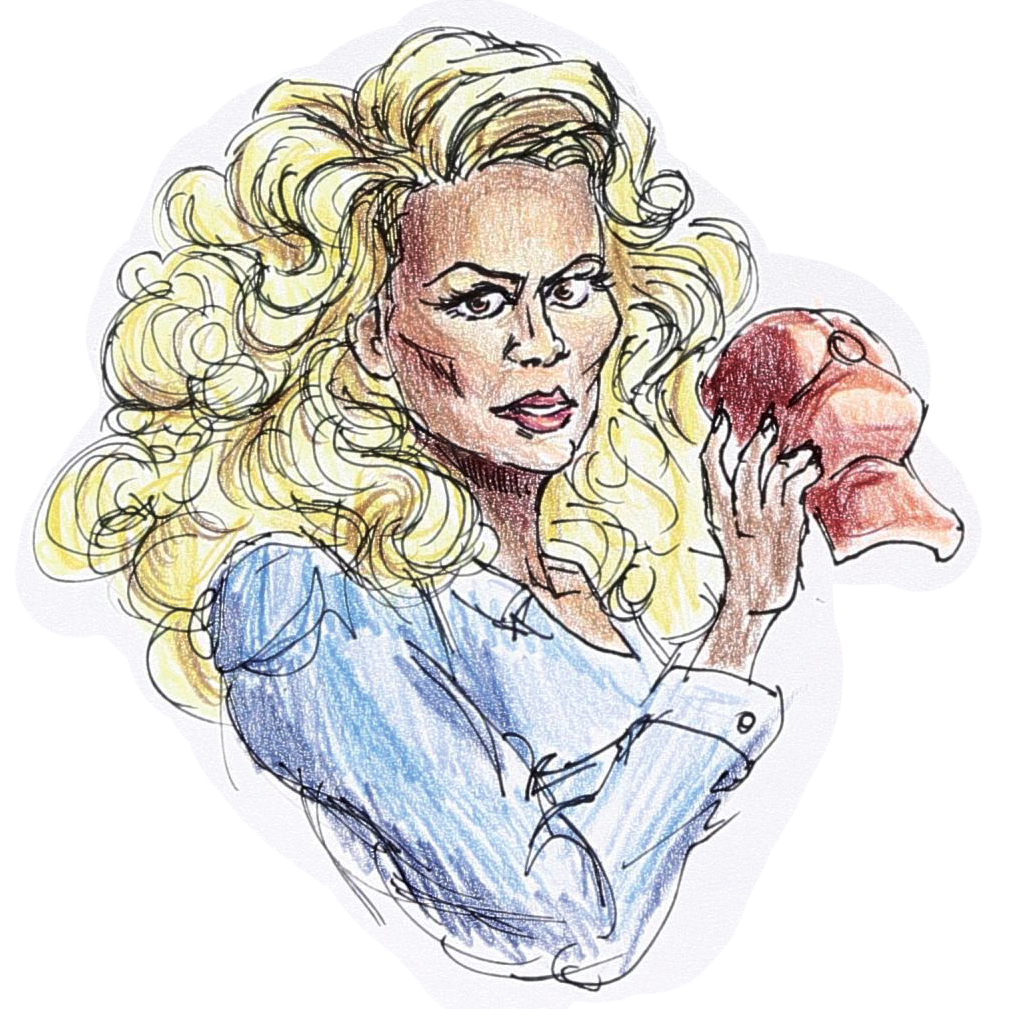The mask mandate for classrooms has been lifted, just over two weeks into the semester as Colorado Mesa University (CMU) continues to operate in a pandemic world.
“When we really set out to put this mask mandate in place, it was for a specified reason for a specified amount of time. And we told the campus community that we would do our due diligence to re-evaluate the data that we needed in order to make our decisions for the future,” Head of the COVID Response Team Dr. Amy Bronson said.
Instead of a mask mandate, the university is promoting mindful masking, or respecting each person’s decision to mask or not.
“As we have promoted in all of our communications, mindful masking is a really important strategy, not just for pandemic response, but I think for overall understanding of the educational, critical thinking that we are asking our students to engage in for precautions, not just for now, but for the future,” Dr. Bronson said.
The campus administration feels confident in taking away the mask mandate with the knowledge they have different strategies in place if transmission rates rise.
“So as we have always done, we’re going to continue to monitor that data and use different strategies around our mitigation, that instead of being a whole campus initiative, will be very targeted right to where we need to put mitigation strategies in place based on the data,” Dr. Bronson said.
As of Feb. 3, CMU has administered over 1,000 COVID-19 tests and has seen 141 positive cases. Almost 90% of the exposure has been off-campus, according to the campus Data Dashboard.
“What we’ve learned about [the Omicron variant] is that it’s far less severe than the other, earlier variants. So that with that transmissibility […] has also been the blessing of it being less severe,” CMU President John Marshall said.
With the lowered severity of Omicron, CMU and Marshall have their goals of keeping campus open. Colorado has seen as many as 99% of cases being Omicron back in early January, as reported by the Colorado Department of Public Health and Environment.
“Our task is to make sure that you’re getting the best possible experience here, that you’re continuing to have real life, that we’re pushing back on things like mental health and anxiety and all the challenges that come along with this pandemic and say, ‘We’re past that, it’s time for us to focus on getting you an outstanding education, a great college experience, and staying in person,’” Marshall said.
Vaccines will continue to not be required for students.
“I’m less concerned about whether you decide to get a vaccine or not get a vaccine, and a lot more concerned that you stay engaged in a serious adult conversation about the pros and cons, and that we’re thinking critically about the outcome of that. Because that’s what we need from each other,” Marshall said. “You don’t need me to judge your health decisions, you need me to provide you with good information and to challenge you to be a leader.”
Even with new variants continuing to emerge, CMU will continue forward with their COVID response, aided by their collaboration among their health and advisory team, according to Dr. Bronson.
“When we really look at our data [collected over the past two years], we continue to see that pockets of transmission are happening in smaller family units. So whether that’s your roommates or people you live with at home, we are really not seeing widespread what you would call super spreader events [where] transmission is happening in those larger group settings,” Dr. Bronson said.
Resident halls have not proved to be a particular area of transmission despite the proximity of students.
“I can tell you, over the last two weeks, we did not have to put any of what we call COVID Red Zones, our higher risk transmission levels than any of our residence halls, nor did we have to do that throughout last semester,” Dr. Bronson said.
The current time for quarantine in Colorado is five days unless a booster has been administered, in which case the infected does not have to quarantine and are only required to wear a mask.
“I think the most important thing through this process moving forward is that I am both empowering you, that I’m asking for your leadership, and then I’m relying on your critical thinking and your human agency to make the best choice for you,” Marshall said.




